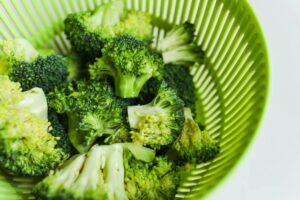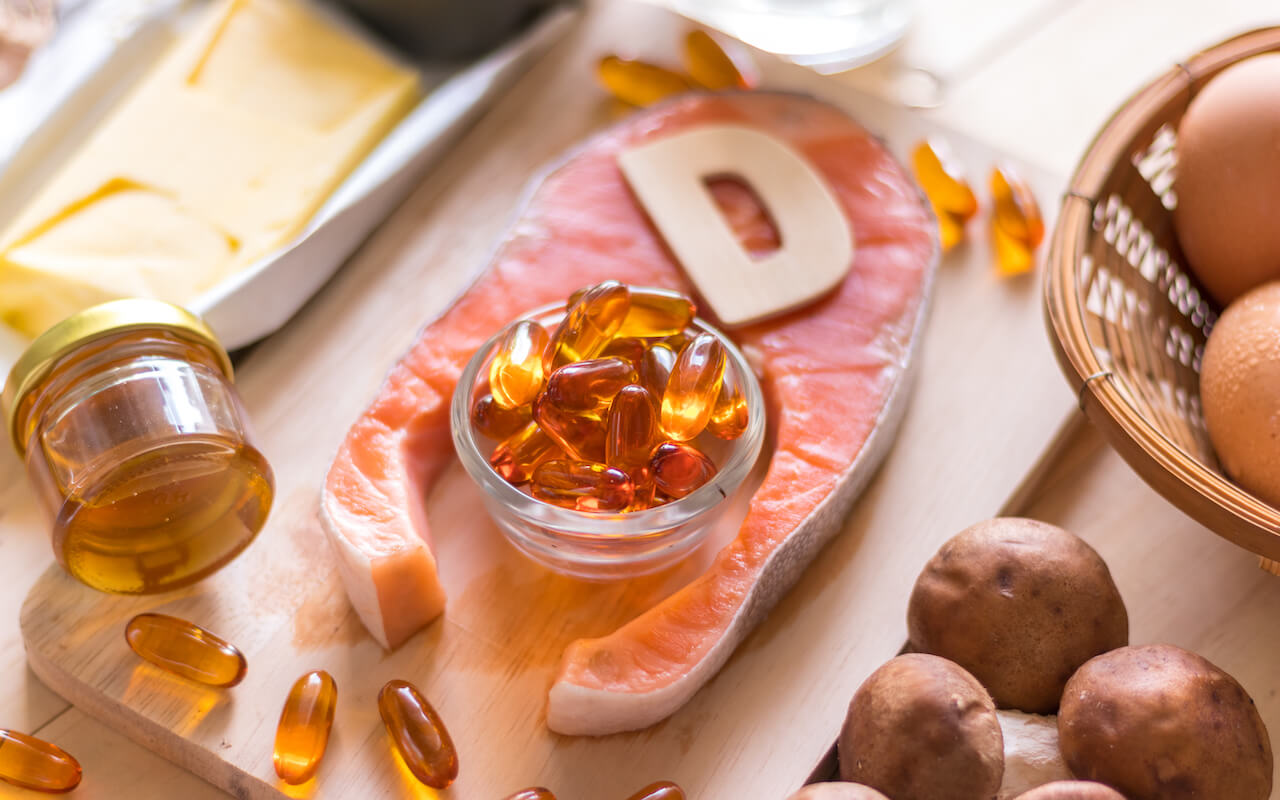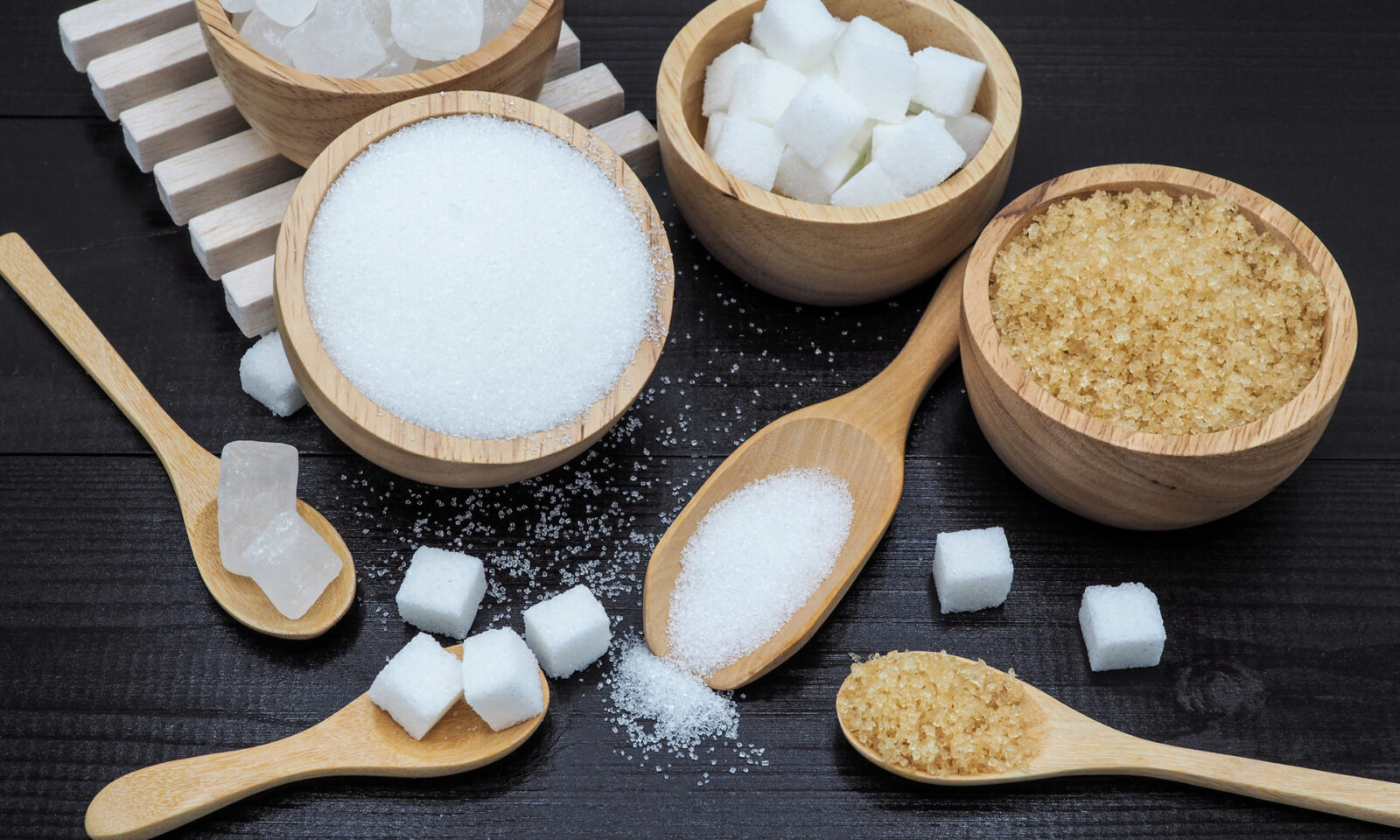Vitamin K is an essential vitamin for our body, playing an important role in bone metabolism and blood clotting. It has been proven that the consumption of vitamin K1 reduces the risk of bone fracture.
Vitamin K Benefits and Overview
Vitamin K has many beneficial properties. Namely, vitamin K1 helps to store calcium in the bones and at the same time prevents its deposition in soft tissues, e.g. arteries. It has been found that the consumption of vitamin K1 slows down coronary artery calcification in healthy adults who have already started the calcification process.
But the benefits of vitamin K don't end there. Studies suggest that vitamin K2 cancer risk-reducing effect. Links have also been found between vitamin K and prevention of insulin resistance and relieving inflammation sometimes.
What are K1 and K2? Vitamin K occurs naturally in two forms. Phylloquinone, or vitamin K1, is synthesized by plants, and menaquinone, or vitamin K2, is synthesized by bacteria. The former is mainly obtained from green leafy vegetables and vegetable oils. The latter is synthesized by bacteria in our small intestine, but we also get it from fermented foods, meat, and dairy products.
Vitamin K2 is absorbed from food significantly better than K1. The K2 form is also more active, has a wider range of effects, and stays in the blood longer. However, most of the vitamin K in food is in the K1 form, and only 20% is in the K2 form. But there is no reason to worry, because intestinal bacteria can also convert K1 to K2 if necessary.
Sources and foods containing vitamin K
In general, the best foods containing vitamin K are greens. Animal products are slightly lower in content, but still important sources of vitamin K.
 In K1 form (contained in 100g):
In K1 form (contained in 100g):
- Beetroot (830 µg)
- Parsley, fresh (790 µg)
- Dandelion leaves (780 µg)
- Spinach, cooked (660 µg)
- Kale, cooked (630 µg)
- Kale (620 µg)
- Marjoram (620 µg)
- Oregano, dried (620 µg)
- Spinach (560 µg)
- Basil, fresh (410 µg)
- Lamb's lettuce (380 µg)
- Wild garlic (310 µg)
- Chives (310 µg)
- Brussels sprouts, cooked (280 µg)
- Broccoli (190 µg)
- Chinese cabbage (80 µg)
- Sauerkraut (62 µg)
In K2 form (contained in 100g):
- liver
- meat
- egg yolk
- dairy products, including cheeses
And this list could go on and on. There really is a wealth of it.
Vitamin K requirement and daily intake
 The recommended daily intake of vitamin K is 1 µg per kg of body weight. Adequate intake is considered to be 120 µg for men and 90 µg for women. As a dietary supplement, the daily dose of vitamin K2 should be around 45 µg.
The recommended daily intake of vitamin K is 1 µg per kg of body weight. Adequate intake is considered to be 120 µg for men and 90 µg for women. As a dietary supplement, the daily dose of vitamin K2 should be around 45 µg.
Even considering that vitamin K 5-15% is absorbed from food and supplements, a deficiency should not occur if you eat a more or less balanced diet.
Vitamin K deficiency and symptoms
Vitamin K deficiency can occur in the first months of life because breast milk contains little vitamin K, it is not transferred from the placenta to the fetus, and newborns do not yet produce it themselves. Antibiotic treatment also affects the absorption of vitamin K, as do disorders in fat metabolism.
A clinically significant symptom of vitamin K deficiency is prothrombin time (i.e. the time it takes for blood to clot). Other symptoms of deficiency include easy bruising and decreased bone strength.
Vitamin K – tablets or drops?
Vitamin K can be taken in tablet or drop form. It is much more important to check the ingredients of the product you are taking. The vast majority of supplements on the market contain vitamin K1, so those looking to take vitamin K2 should carefully check product labels and avoid products that contain an unspecified type of vitamin K.
Vitamin K overdose and side effects
There is currently no evidence that vitamin K1 or K2 can cause overdose or side effects when taken in large amounts. Therefore, there is no upper limit for vitamin K intake.

Allan Randlepp
NutritionistAllan is a nutritionist and trainer whose favorite topics are lifestyle and longevity, including nutrition and physical activity.
Vitamin D – a vitamin that most people are deficient in





